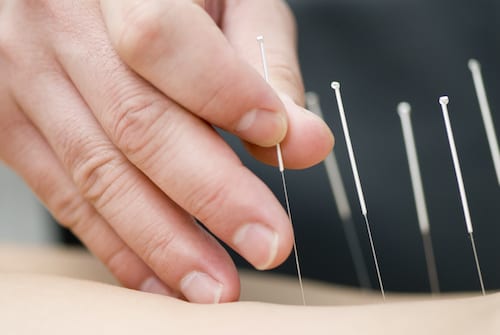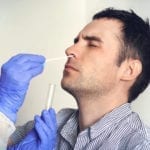A recent article in the New York Times: “How Carbs Can Trigger Food Cravings” discussed the mechanisms by which high-glycemic index foods based on processed carbs trigger similar brain reward responses as highly addictive drugs like cocaine.
While the author mainly concluded that people wanting to lose weight should avoid processed carbs and sugar, which is obvious, I think the next logical implication is that people trying to detox from addiction to opiates, alcohol, stimulants and other substances should also avoid flaring up their nucleus accumbens reward pathway by simultaneously avoiding processed and refined carbohydrates.
Another interesting research study in the  journal Obesity, June 2013 edition, measured retinal responses to specific light stimuli with a technique called electroretinography which had been found to have a specific pattern when a person was given a dopamine-releasing, rewarding stimulus like the amphetamine-like drug methylphenidate (Ritalin). They then showed that a chocolate brownie, a highly potent source of processed carbs and sugar, created a very similar reward pattern on electroretinography to the amphetamine, and was also associated with increased binge eating behavior.
journal Obesity, June 2013 edition, measured retinal responses to specific light stimuli with a technique called electroretinography which had been found to have a specific pattern when a person was given a dopamine-releasing, rewarding stimulus like the amphetamine-like drug methylphenidate (Ritalin). They then showed that a chocolate brownie, a highly potent source of processed carbs and sugar, created a very similar reward pattern on electroretinography to the amphetamine, and was also associated with increased binge eating behavior.
Ultimately, I think brains need to have a more stable, less quickly fluctuating, and therefore more “boring” neurochemical balance to achieve better function and performance over time.
The irony of Alcoholic Anonymous meetings is that often the attendees gather outside to, yes, binge on cigarettes, coffee and pastries. In other words, maximally stimulating their deprived reward pathways with “acceptable” rewarding substances (nicotine, caffeine and processed carbs/sugars) to compensate for the absence of alcohol or other drugs of abuse. Since nicotine, caffeine and high-glycemic-index foods are very short-acting agents, producing a rapid rise and then fall in blood levels of the rewarding substance, this behavior just keeps the neurochemical roller coaster going, and I believe makes achieving lasting brain stability more difficult.
The NYT article is here: http://well.blogs.nytimes.com/2013/06/27/how-carbs-can-trigger-food-cravings/
The abstract of the June 2013 article in Obesity is here: http://www.ncbi.nlm.nih.gov/pubmed/23784899
Food is indeed medicine, acting just like a prescription drug, and we should respect it as such.








